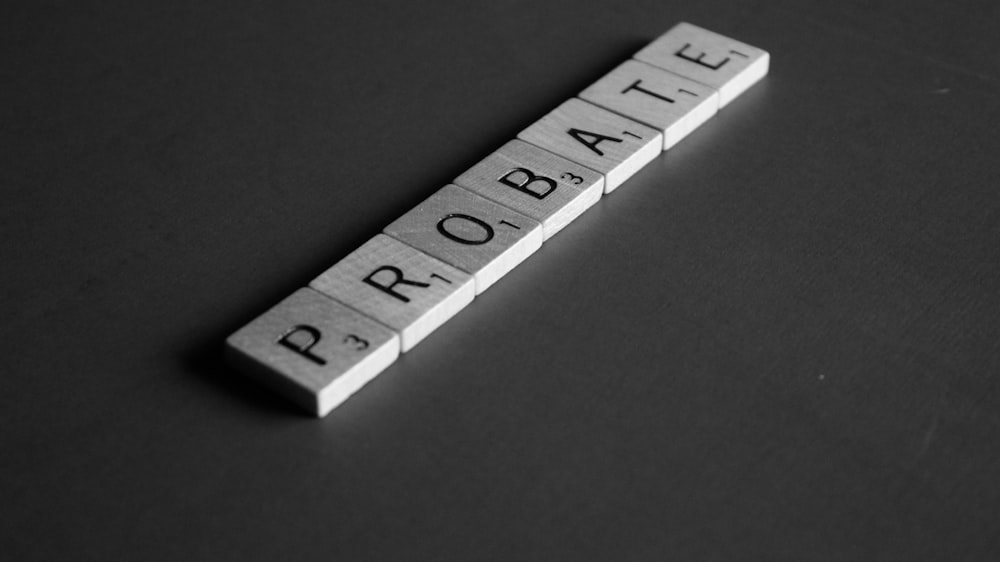Constitutional law forms the bedrock of a nation’s legal system, establishing the framework for government and delineating the rights and responsibilities of individuals and institutions. It defines the organization and powers of government bodies and sets out the fundamental principles that guide the governance of a country. Constitutions can be written, like the United States Constitution, or unwritten, like the British Constitution, which relies on statutes, conventions, and judicial decisions.
Separation of Powers
A core principle of constitutional law is the separation of powers. This doctrine divides government responsibilities into distinct branches to prevent any one branch from exercising the core functions of another. The typical division includes the executive, legislative, and judicial branches. Each branch has specific powers and functions, ensuring a system of checks and balances. This separation is crucial for preventing abuse of power and maintaining the rule of law.
Judicial Review
Judicial review is a critical aspect of constitutional law, allowing courts to assess the constitutionality of legislative acts and executive decisions. This power ensures that laws and actions by government officials comply with constitutional principles. In countries like the United States, the Supreme Court plays a pivotal role in interpreting the Constitution and invalidating laws that contravene constitutional provisions. Judicial review acts as a safeguard against tyranny and protects individual rights.
Bill of Rights and Fundamental Freedoms
Many constitutions include a Bill of Rights or similar provisions that guarantee fundamental freedoms and rights to individuals. These rights often encompass freedom of speech, freedom of assembly, freedom of religion, and the right to due process. Constitutional law ensures these rights are protected against infringement by the government. The enforcement of these rights is essential for maintaining democratic governance and protecting individuals from arbitrary state actions.
Federalism and Decentralization
In federal systems, constitutional law outlines the division of powers between national and regional governments. Federalism allows for a balance of power, enabling local governments to address regional needs while maintaining a unified national policy. Constitutions like that of the United States delineate the responsibilities and powers of federal and state governments. This structure promotes diversity and local autonomy within a broader national framework.
Amendment Processes
Constitutions are not static documents; they include provisions for amendments to adapt to changing circumstances and evolving societal values. The amendment process can be rigorous, requiring significant political consensus to alter fundamental laws. This ensures that changes to the constitutional framework are carefully considered and widely accepted. The ability to amend the constitution allows for legal evolution while maintaining stability and continuity.
Checks and Balances
The system of checks and balances is a fundamental principle in constitutional law, ensuring that no single branch of government becomes too powerful. Each branch has mechanisms to limit the powers of the others, promoting accountability and preventing abuses of power. For example, the legislative branch may pass laws, but the executive branch has the power to veto them. The judiciary can declare laws unconstitutional, checking both the legislature and the executive.
Rights and Duties of Citizens
Constitutional law not only protects the rights of citizens but also outlines their duties and responsibilities. Civic duties such as voting, obeying the law, and paying taxes are essential for the functioning of a democratic society. By delineating these rights and duties, constitutional law fosters a sense of civic responsibility and engagement among citizens. This balance is vital for maintaining social order and promoting public welfare.
Role of the Judiciary
The judiciary plays a crucial role in interpreting and enforcing constitutional law. Courts adjudicate disputes involving constitutional issues, ensuring that government actions comply with constitutional principles. In many jurisdictions, constitutional courts or supreme courts have the final say on constitutional matters. The judiciary acts as a guardian of the constitution, protecting individual rights and maintaining the rule of law.
International Influence and Adaptation
Constitutional law is influenced by and often influences legal systems globally. Many countries look to established constitutions, such as those of the United States and Germany, when drafting or amending their own. International human rights norms and treaties also impact constitutional law, promoting the protection of fundamental rights worldwide. This cross-pollination of legal principles helps develop more robust and comprehensive legal frameworks globally.
Contemporary Challenges
Constitutional law continually faces new challenges as societies evolve. Issues such as digital privacy, national security, and social justice require ongoing interpretation and adaptation of constitutional principles. Courts and lawmakers must balance maintaining constitutional integrity with addressing modern societal needs. These challenges highlight the dynamic nature of constitutional law and its crucial role in responding to contemporary issues.
Conclusion
Constitutional law serves as the foundation for governance and the protection of individual rights. By establishing the framework for government and delineating the rights and duties of citizens, it ensures the rule of law and democratic governance. The principles of separation of powers, judicial review, and federalism, among others, form the cornerstone of constitutional law, promoting accountability, fairness, and justice in society.










